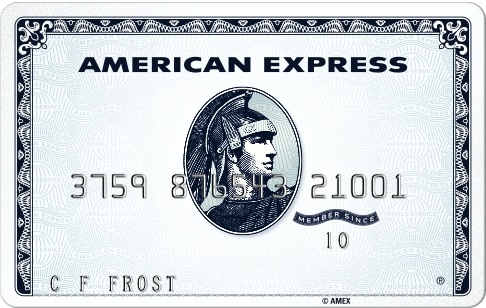You know what’s special about today? Nothing. Just like there’s nothing special about the Monday after Thanksgiving (MAT), either.
Think about this for a second, thinking being something still encouraged here at Control Your Cash if not in most other places. Cyber Monday doesn’t exist. Well, it exists as a concept, but cash registers don’t ring any more loudly on MAT than on any other day of the year. One noteworthy thing about this particular urban legend is that we can pinpoint its origin.
Even on the surface, “Cyber Monday” makes no sense. Why would people go out of their way to shop on what is, occupationally, one of the worst days of the year for doing so? Employees return to work on MAT after the only guaranteed 4-day layoff of the year. Workloads are particularly heavy that day. MAT’s the one day on which it should be especially difficult to slack off and spend one’s time shopping online.
The beauty of shopping online is its convenience, right? After hours, at home, in your underwear or less, sitting on the couch, one foot on the coffee table and the other in a bowl of Doritos.* Why would you buy online on MAT when there are dozens more convenient days to do so?
Here’s the story that started this nonsense, courtesy of CNN.
(That’s the same esteemed news organization that brought you, among other pieces of easily disprovable tripe, “Cloned baby born”. Video, audio, pictures, or even second-hand accounts of the birth forthcoming. Just not in the first 8 years and counting.)
(Isn’t it amazing how little time it can take for a headline to look ridiculously dated? Five years, in this case. “After Black Friday comes Cyber Monday”. Too bad CNN wasn’t there to write “Electronic Mail to Supplant Post Cards As Popular Means Of Communicating”. Then again, maybe they did. We’ll check the archives.)
Check out the details of the “Cyber Monday” story. It says “77% of online retailers said their sales increased substantially last year on the Monday after Thanksgiving.”
You need to read everything with a critical eye. Except for our blog posts, they’re the unshellacked truth. Why? Because no one ever quantifies anything.
“Sales increased”. Over what? The day before? The hour before? The previous Monday? The story doesn’t state any origin from which sales increased, so we have to guess. In journalism school, this is called omitting crucial details, and it’s a senior-level course. There are two reasons for a journalist to omit crucial details. The less common one is to advance an agenda: the more common one is because the idiot writing the piece is too stupid to recognize a crucial detail.
On average, MAT occurs on the 332nd day of the year. Presumably, for the 77% of companies who gave an answer that the poll questioners were looking for, they’d sell more merchandise over 332 days than they would over 331. Not only is this so obvious that it hardly counts as an observation, but the qualifier “substantially” in the original story is up to the discretion of the questionee, not the questioner.
So, no Cyber Monday doesn’t exist. Shop online next Monday, but don’t think you’re getting any better or worse deals than you’d get on August 16 or March 3.
*Writer’s conception. Our house is not like this.
**This post is featured in the Carnival of Personal Finance #284:Thanksgiving Preparation Edition**





